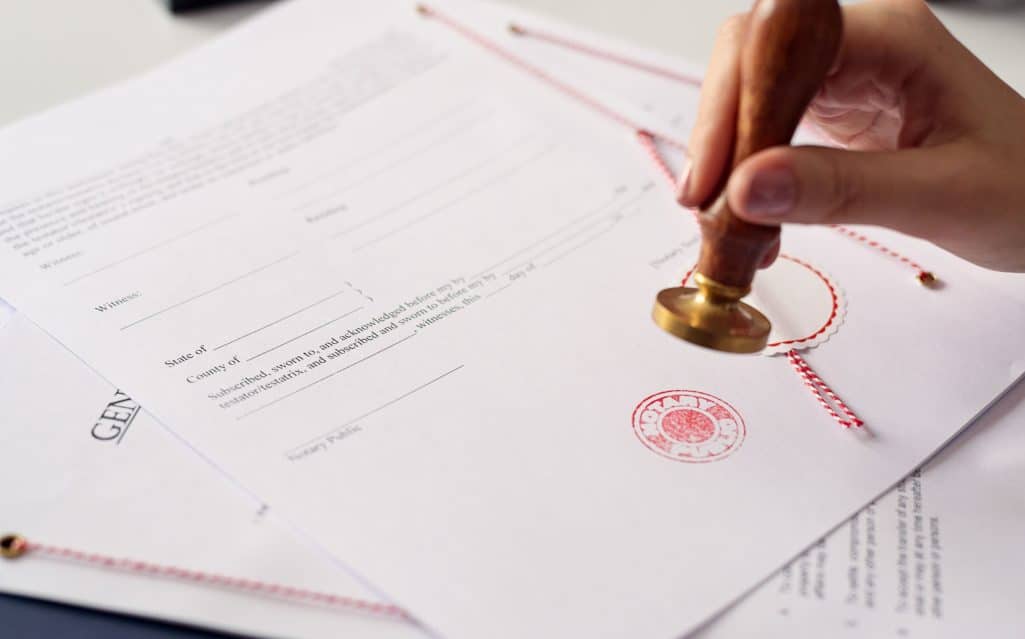The decision in the precedent-setting case of Devore-Thompson v. Poulain, 2017 BCSC 1289, was released July 24, 2017. It marks the first reported case in British Columbia in which the Court has set aside a marriage due to incapacity.
The action was brought by the niece of the Deceased. The Deceased had no children of her own. The Defendant claimed to be the spouse of the Deceased. At issue were (1) the validity of a Will purportedly made by the Deceased in 2009 under which provisions were made for the Defendant; and (2) the validity of the Defendant’s marriage to the Deceased in 2010[1].
The Plaintiff claimed both the Will and the marriage were invalid due to the incapacity of the Deceased, who had been diagnosed with probable Alzheimer’s disease in 2005.
The Court agreed with the Plaintiff, who was represented by our firm.
Capacity to marry is a wholly common law test and is generally considered one of the least rigorous tests of capacity, with a threshold lower than the capacity to manage one’s own affairs, make a will, or instruct counsel. It has been described as “the essence of simplicity” and “not requiring a high level of intelligence”.
On review of the law (see paras. 43-47), the Court provided the following test:
[48] The authorities suggest that the capacity to marry must involve some understanding of with whom a person wants to live and some understanding that it will have an effect on one’s future in that it will be an exclusive mutually supportive relationship until death or divorce.
In application, the Court held:
[345] It is … clear that [the Deceased]’s mental capacity had diminished to such an extent that by 2010 she could not have formed an intention to live with [the Defendant], or to form a lifetime bond. She did not understand, at that stage, what it meant to live together with another person, nor could she understand the concept of a lifetime bond.
[346] [The Deceased] did not have a grip on the reality of her own existence and so could not grip the reality of a future lifetime with another person through marriage.
[347] I find on the whole of the evidence, given her state of dementia, [the Deceased] could not know even the most basic meaning of marriage or understand any of its implications at the time of the Marriage including: who she was marrying in the sense of what kind of person he was; what their emotional attachment was; where they would be living and whether he would be living with her; and fundamentally, how marriage would affect her life on a day to day basis and in future.
[348] I conclude that [the Deceased] did not have the capacity to enter the Marriage.
The marriage was declared void ab initio (as if it had never occurred).
The Court then considered the issue of testamentary capacity (see paras. 51-54, 350-354) and held:
[354] I have concluded that the [Deceased] lacked testamentary capacity at the time of the 2009 Will. I find on the evidence that [the Deceased]’s dementia had advanced to such an extent by 2009 that she could neither understand the extent of her property nor who her natural beneficiaries would be. Since she did not have a basic understanding of her estate or her natural beneficiaries, she would necessarily be incapable of dividing her estate.
In reaching its decision, the Court found the medical evidence as well as the evidence of family and long-time friends of the Deceased persuasive. In contrast, the Court found the Defendant “was not being truthful and was attempting to deceive the Court as to [the Deceased’s] abilities and health”.
[273] The whole of the evidence leads me to conclude that it is likely that [the Defendant] manipulated [the Deceased] by suggesting that she could not trust her niece, the plaintiff, and that the plaintiff was stealing from her or trying to steal from her, thereby taking advantage of [the Deceased]’s vulnerable mind and inserting himself in her life as her ally.
The starting point for any assessment of legal capacity is that an adult is capable. This is an essential starting point to promote human dignity. There is a natural tension, however, where the promotion of human dignity clashes with the need to protect vulnerable adults. Negotiating that tension is a careful exercise that will vary with the circumstances of each individual adult.
For further inquiries on this case, issues of capacity, or advice on estate planning for capacity, please contact one of our lawyers in our Wills, Estates + Trusts Practice Group.
[1] At the time of the impugned marriage, a marriage invalidated an individual’s prior wills pursuant to section 15 of the Wills Act, R.S.B.C. 1996, c. 489 [repealed]. This is no longer the case under the Wills, Estates and Succession Act, S.B.C. 2009, c. 13. As a result, if the marriage had been found valid in this case, the Deceased’s estate would have passed by intestacy, with the Defendant being a significant beneficiary as her legal spouse.


